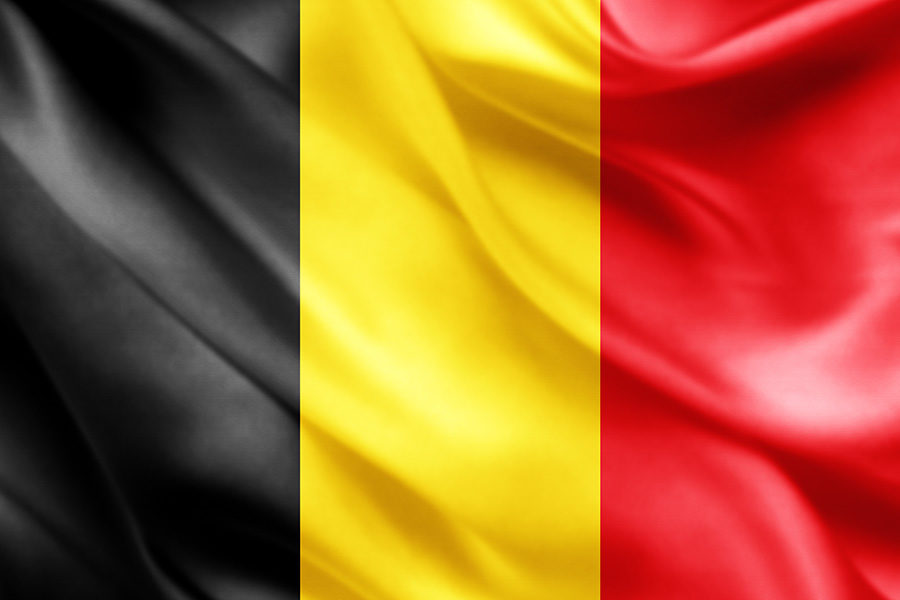Belgian Association of Gaming Operators draws up Duty of Care

BAGO members have committed to a series of measures.
Belgium. The six members of the Belgian Association of Gaming Operators (BAGO) have committed to a self-imposed Duty of Care. It imposes a series of measures intended to help identify and prevent problem gambling.
The Duty of Care has been signed by all six members of the association: Ardent Group, Betfirst, Golden Palace, Kindred, Napoléon Sports & Casinos and Starcasino. These are the biggest gambling operators in Belgium, together accounting for 70 per cent of the regulated market. Other private operators who are not members have been invited to sign the agreement.
The document lists four pillars: A uniform algorithmic detection system for markers of harm, recommendations to players, including information on harmful gambling, self-exclusion, voluntary deposit limits and reality checks, education and training programmes for staff and the sharing of the plan with the national gambling regulator.
BAGO chairman Tom de Clercq said: “Our focus is on creating an environment in which players can participate in gambling in a responsible and safe manner. The duty of care is a useful addition to other existing protective measures. Today, more and more legal operators are using algorithms and artificial intelligence to identify emerging problematic gaming behaviour at an early stage.”
Operators took the step due to the “demonisation” of gambling by the govenment.
Emmanuel Mewissen, CEO of Ardent and vice-president of BAGO, told L’Echo: “Erroneous figures are thrown out into the public. The reality is that the sector is worth €2bn and not €20bn as some have claimed. We’ve seen words like ‘tsunami’, ‘wild west’ used to discredit the sector. All this has created distrust against us.”
Last month, Belgium’s Federal Council of Ministers approved new restrictions for land-based gambling in the country. All slot machines in retail, leisure and hospitality venues in Brussels, Wallonia and Flanders will require mandatory electronic ID verification.
The council approved the restriction via fast-track after finding existing rules to be insufficient for retail and leisure venues. The Belgian Gambling Commission will draw up a timeline and technical guidance for how the e-ID checks are to be implemented.











